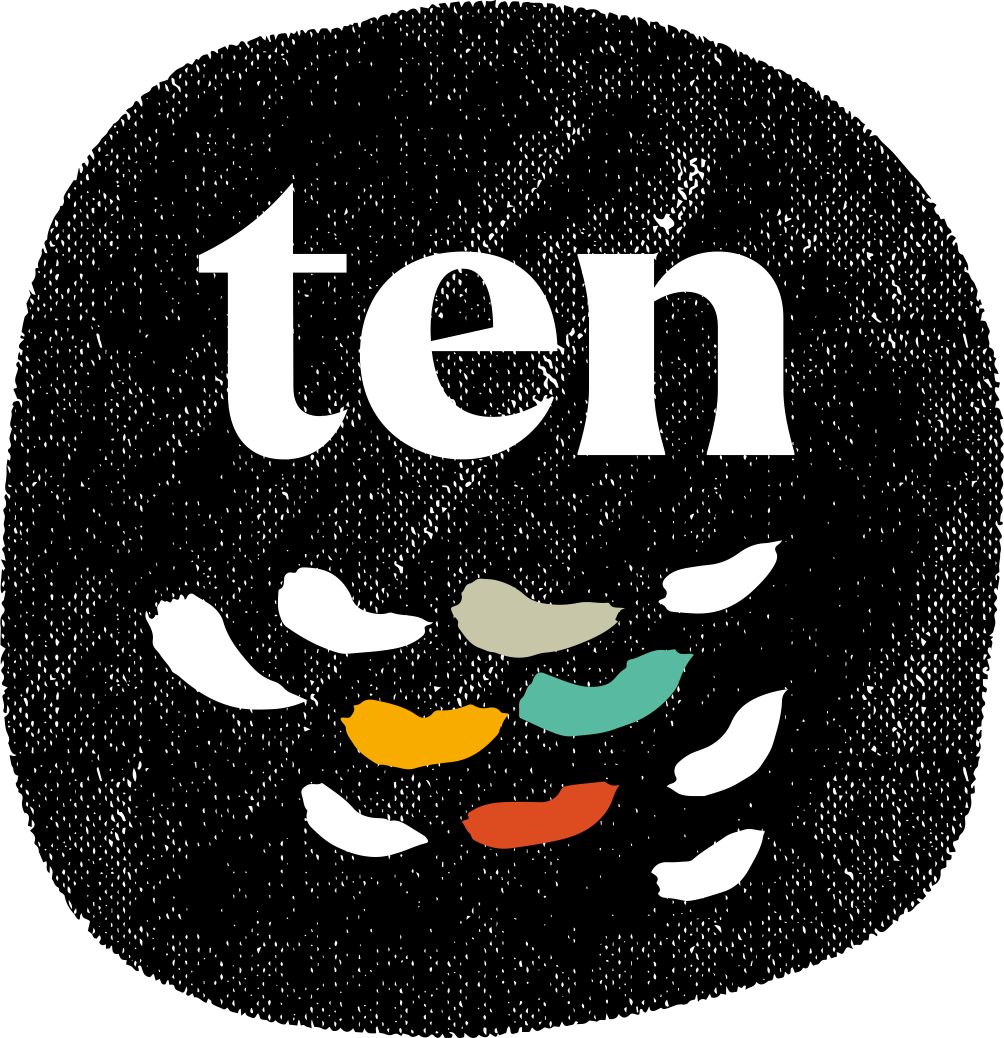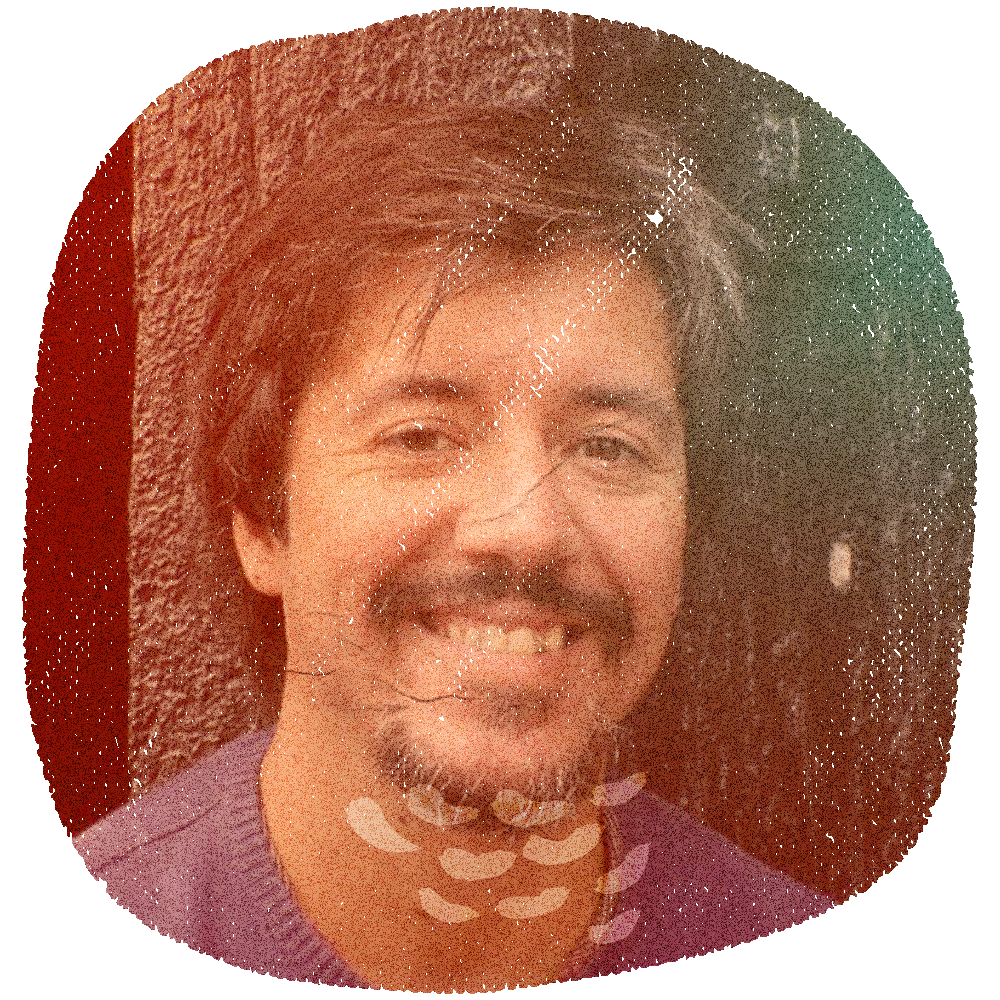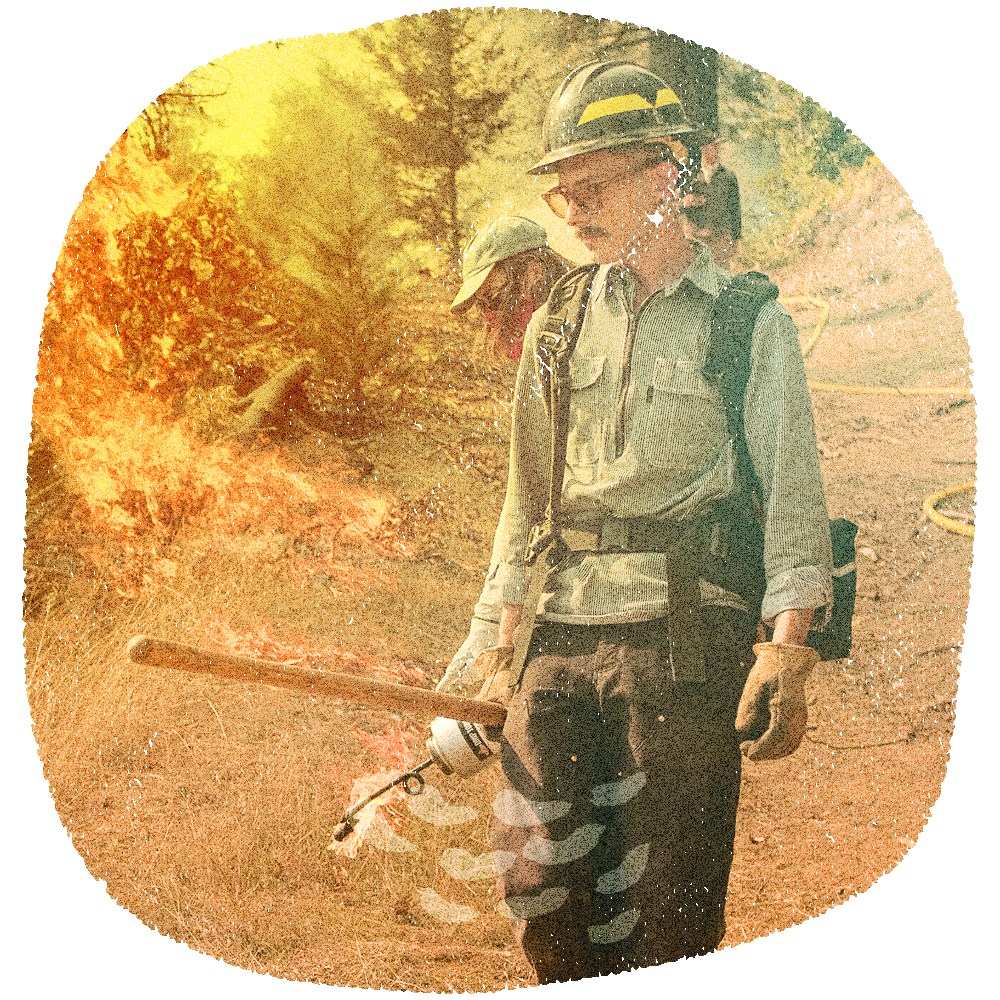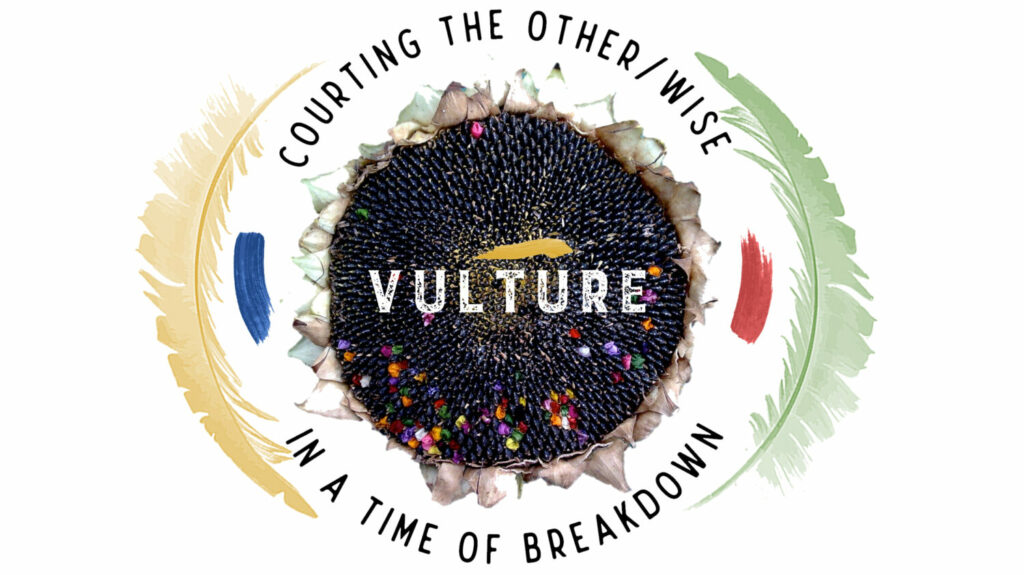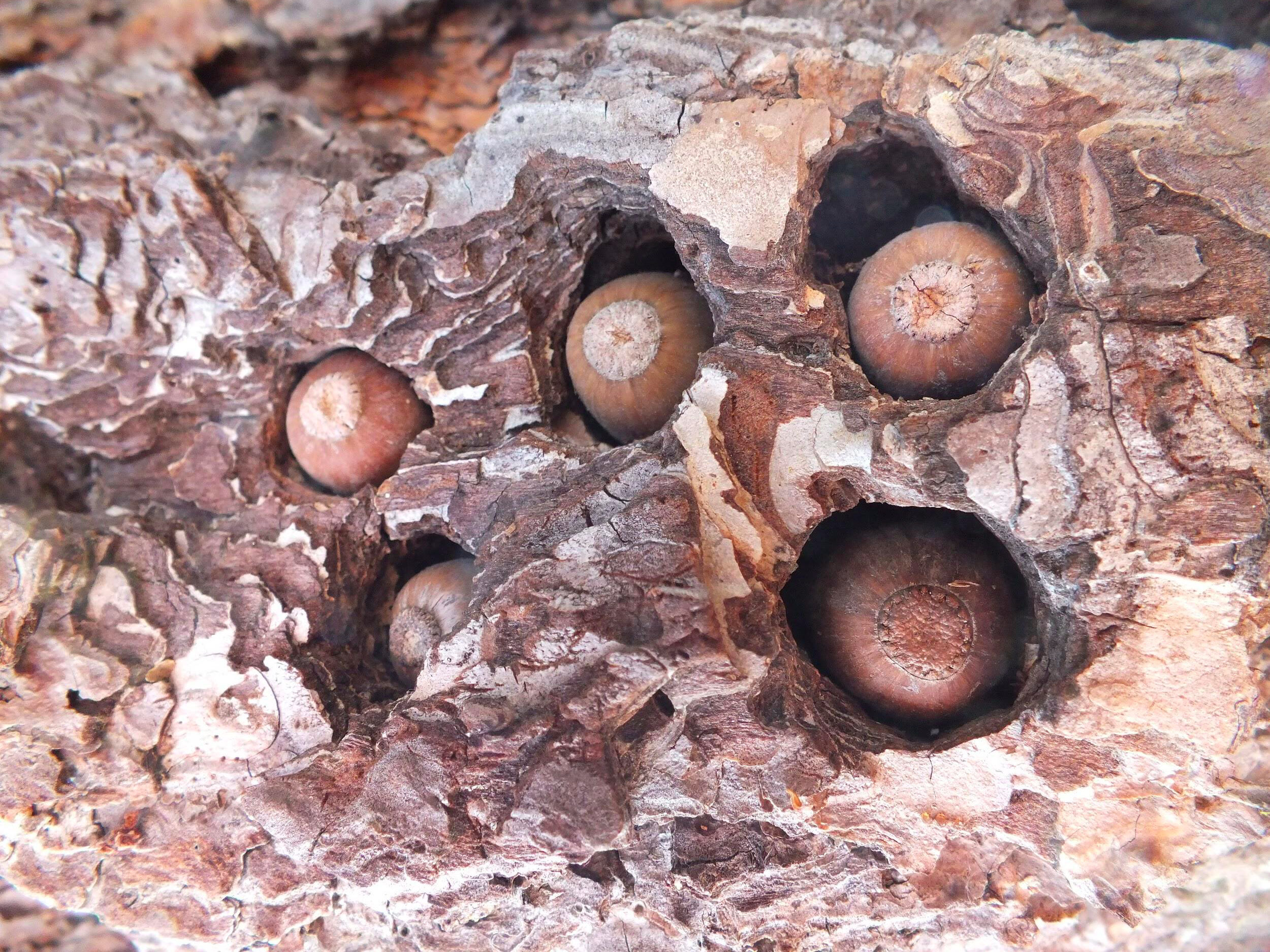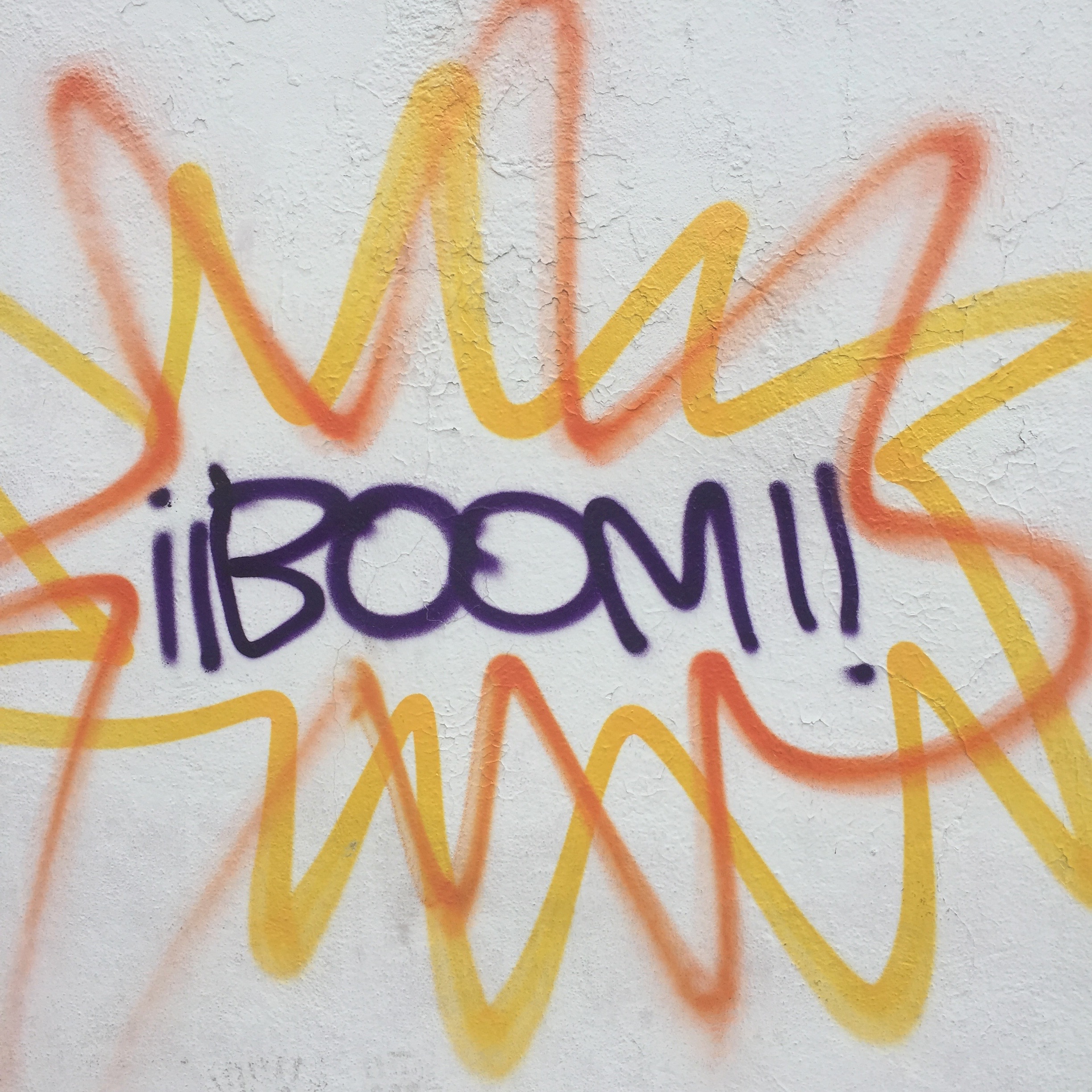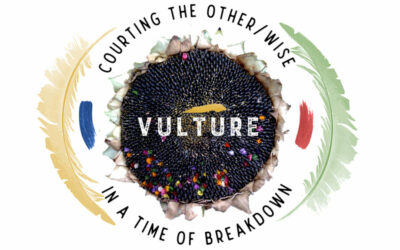
Vulture Harvest: Stories of Going Feral
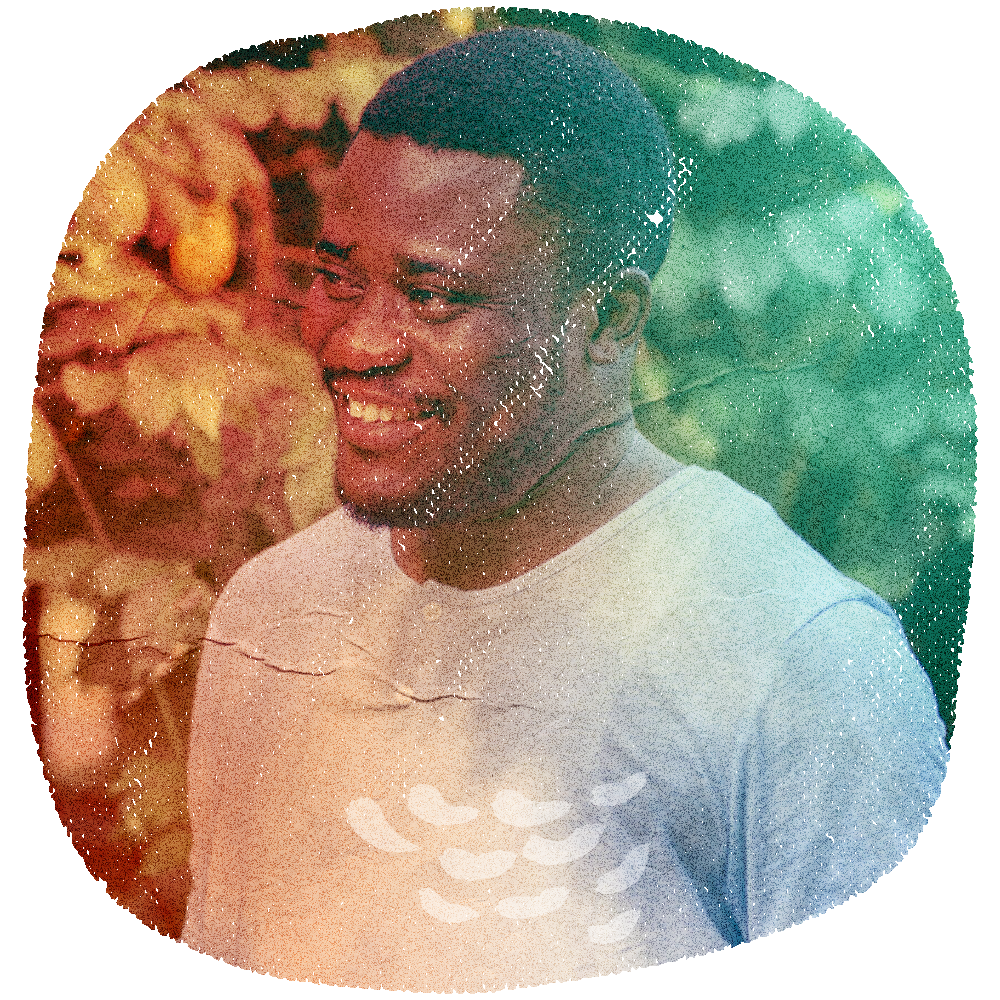
On Farting as Feral Practice
Báyò Akómoláfé
And it might all start with our little conspiratorial partnership, whereby she might see that – in a patriarchal world, scandalized by female bodies… in a world that insists you stay put, get with the program, and be obedient… in a world that demands you pull yourself together – one of the more revolutionary things you could do is to let it rip.
I’m teaching Alethea the ethics of farting: “Better out than in! Let it out. Don’t hold it back because people expect you to be ‘lady-like’. Share your power with the world.” In the past three days, she’s been unleashing seismic shifts from her three-year old body – followed by an ecstatic high-five between us, just as her mother runs out of the room. Now I think I may have taken things a bit far; she’s skunking the entire place!
But there’s treasure here: I hope that by celebrating her farts with her, she can learn to appreciate her female body in all its silliness and beautiful discomposure, and that when she grows, she’ll know that the ‘monumental male figure’ – the fixed male body of bourgeois imagination – is no more powerful than hers. No less monstrous than hers. I hope she’ll notice the carnivalesque expansiveness of the world, and rebuke hegemonic control when it masquerades as ‘etiquette’ or ‘manners’. I hope she’ll see the grotesque in the beautiful and the beautiful in the grotesque. I hope she’ll learn to run wild, let her hair down, walk a city street without shoes, and play in the rain – so that her bodily presence would be a challenge to hierarchical discourses of power… much like the Tank Man’s at Tiananmen Square.
And it might all start with our little conspiratorial partnership, whereby she might see that – in a patriarchal world, scandalized by female bodies… in a world that insists you stay put, get with the program, and be obedient… in a world that demands you pull yourself together – one of the more revolutionary things you could do is to let it rip.
F-art: feminist art.
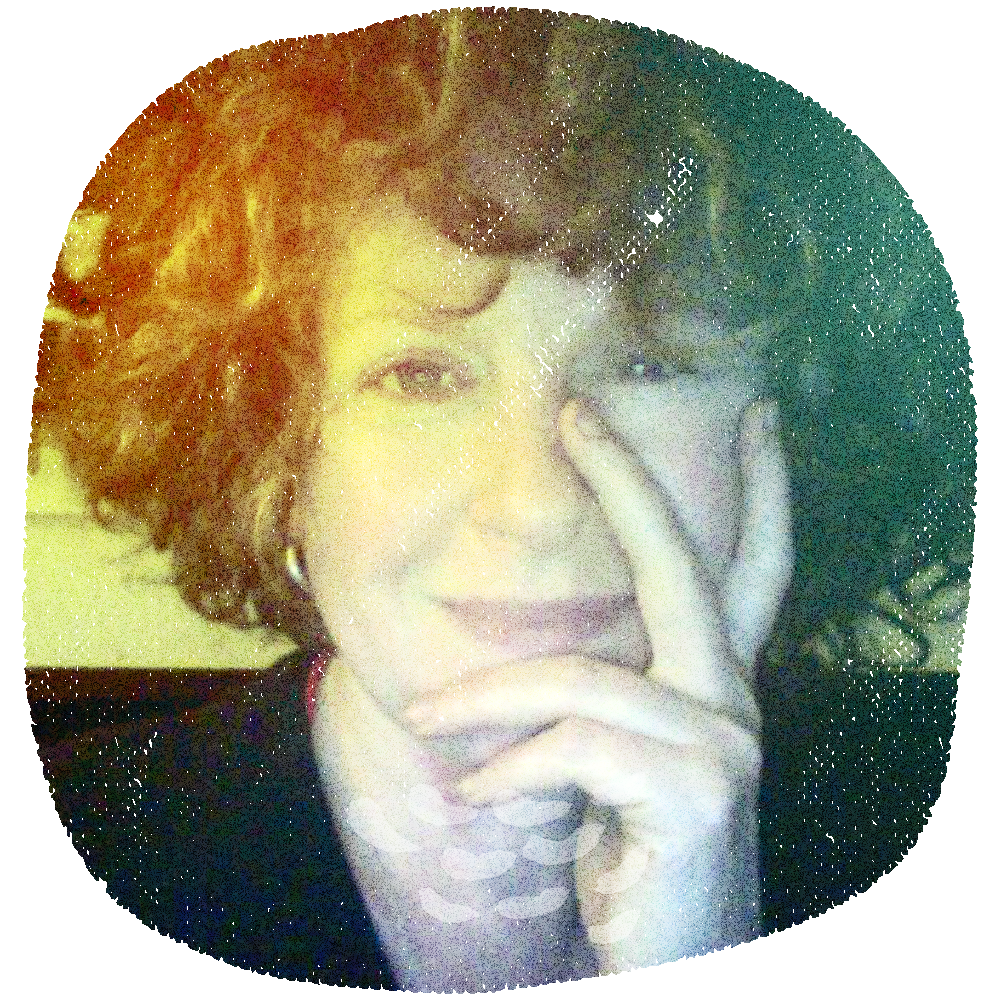
On Foraging as Feral Practice
Toni Spencer
In this aspirational culture that leaves me addicted, conflicted, and wanting so much more, I’m interested in luxury by other means. Abundance within limits. Abundance made vital, made beautiful by the very nature of its limits.
Still living in London, signed off sick from work by the doctor with ‘depression’, I would sit for hours interested in nothing but TV and sleep. But now and again – waiting for the kettle to boil – I would find myself poring over two wild food identification books a friend had left on the dining table. Out on walks (enforced by family and friends for which I’m forever grateful) I woke up to the fact that I had begun rummaging around at the boundaries of local parks, voraciously examining leaf shape and mushroom gill, getting to know who grew where and who I could eat. I never made a decision to learn about wild food. I was taken by it – found by it – during a time when very little in me functioned. Urban born and bred, I began to see ‘green stuff’ as kin.
A few years and a move to the countryside later, after much meandering and passionate relationships with ‘weeds’ and wild things, I am teaching wild food courses and running ‘The Feral Kitchen’ pop-up restaurant. It was a beautiful time where the hedgerows and kitchen sink facilitated a seamless route between new found threads of indigeneity and ongoing domesticity.
But I became uncomfortable with the commodification of this intimate feral practice. I had never been in a workshop; I had been taken, courted, embraced by the land under my feet, told in no uncertain terms that I am part of things, courted slowly and wildly by the otherwise at its own pace. I let that ‘career’ moment go.
A particularly insistent lover was acorn. We were obsessed with each other for about a decade. I spent days experimenting in my kitchen, ran acorn salons and went on acorn pilgrimages. One trip took me to apprentice with Lois Conner-Bohna, a North Fork Mono woman (near Fresno, CA) who prepares huge vats of ‘acorn’ for ceremony, for elders and for native language conferences. Here my understanding of belonging and participation deepened as I learnt more of burn cultures (in Aboriginal practices too) and more nuanced detail of how First Nation people harvest in ways that enhance ecosystems – in the same way that horse shit and rain, worms turning and bees buzzing enhance an ecosystem. As they say in permaculture, ‘everything gardens’. Rabbits keep grass low, birds fertilize rock crevices, humans keep oaks strong. We are neither central nor superfluous.
I look back at weekends as an urban teenager spent scouring markets for vintage clothes, and passing through high streets filled with women (in particular) window shopping. In these modern habits I know something of our feral nature, a part that longs to know a place and be known by it, is at play. That foraging instinct is trying to show itself, tangled and knotted as it is in the tapestry of consumer culture.
Luxury By Other Means
In this aspirational culture that leaves me addicted, conflicted, and wanting so much more, I’m interested in luxury by other means. Abundance within limits. Abundance made vital, made beautiful by the very nature of its limits.
If we were to do a time and motion study of my foraging fetish, what would we find? If we were to note down the income and outgoings of a life made a little more wild, a little more mundane, what would the numbers sing to us? What gorgeous anomalies would emerge from a day without pay, spent picking up acorns?
– Toni Spencer
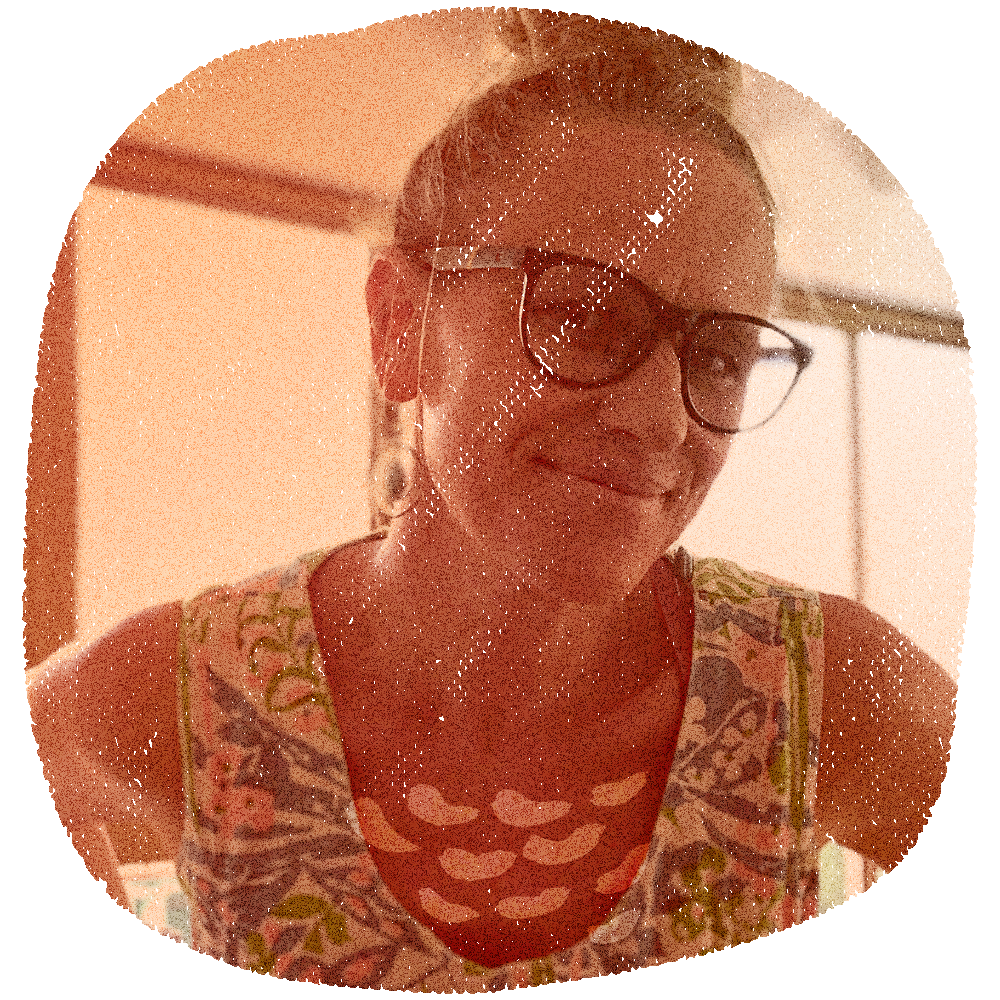
The Feral Line
Aerin Dunford
I sort of half-stood out of my chair, grabbing the closest big black marker available and recklessly drew a giant black line across the paper on the table… It was ugly and messy and felt… pretty awesome. I’m not one to enjoy making waves or rocking the boat, but this was a big ah-ha! for me… sometimes making a big mess of everything is just what a group needs.
I was recently hosting a gathering and we were in a World Café where the question was about our stories: those that limit us, and what we want to leave behind from those stories. A new friend of mine told the story of being at a workshop where they were collectively creating some beautiful watercolor. “All of the sudden,” she said, “I just picked up a paintbrush and filled it with some dark colored paint and wildly, erratically, painted a big, huge black line through the middle of the collective piece of art.” She said that this was the kind of thing that she NEVER does and that following this crazy (feral?) instinct which was totally out of her nature, made her feel totally liberated. She shunned all of the norms and rules about what we are “supposed” to do in a group setting. In the end, it cultivated a sense of non-attachment to the outcome in the whole group.
At that moment, I sort of half-stood out of my chair, grabbing the closest big black marker available and recklessly drew a giant black line across the paper on the table, which I had been meticulously using to harvest words and inspiration spoken. It was ugly and messy and felt… pretty awesome. I’m not one to enjoy making waves or rocking the boat, but this was a big ah-ha! for me… sometimes making a big mess of everything is just what a group needs.
Vulture Project Description
Vulture [past ten events] Vulture offered participants a different shape of hope: hope not in solutions or saviours but in the smell of soil, the migration of birds, and the intense beauty of seeing each other dance at the edge of things. Vulture was an on and...
Vulture Harvest: The Slow Conversation
Vulture [ten artifacts] Vulture offered participants a different shape of hope: hope not in solutions or saviours but in the smell of soil, the migration of birds, and the intense beauty of seeing each other dance at the edge of things. Vulture was an on and off-line...
Vulture Harvest: The 3D’s Gallery
Vulture [ten artifacts] Vulture offered participants a different shape of hope: hope not in solutions or saviours but in the smell of soil, the migration of birds, and the intense beauty of seeing each other dance at the edge of things. Vulture was an on and off-line...
Courting the Other/wise
Vulture [ten artifacts] Vulture offered participants a different shape of hope: hope not in solutions or saviours but in the smell of soil, the migration of birds, and the intense beauty of seeing each other dance at the edge of things. Vulture was an on and off-line...
